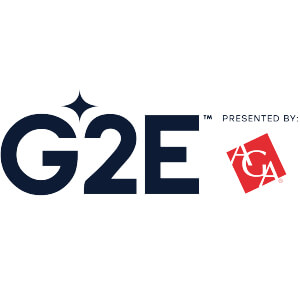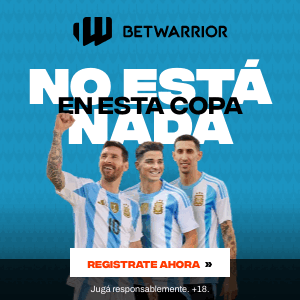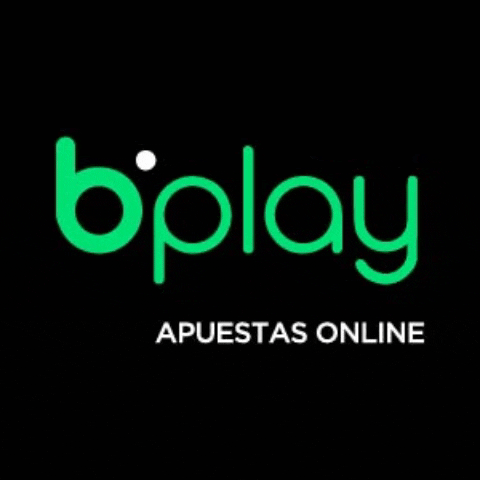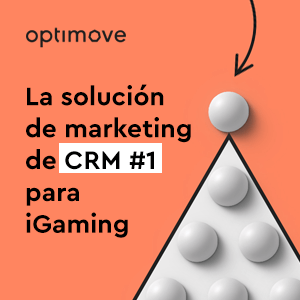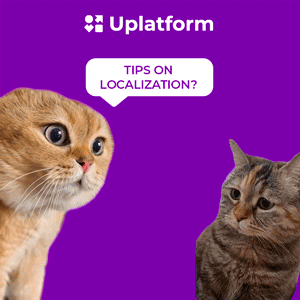Zona de Azar Malta – EvenBet: 9 Mistakes in Relationships with Business Partners in iGaming
 Malta.- June 3th 2024 www.zonadeazar.com In 2024, EvenBet Gaming celebrates 20 years since its inception in the iGaming industry as a software provider. To date, we have over 200 active projects worldwide. Over the years, we have accumulated and reflected upon a vast amount of experience, both our own and that of our industry colleagues.
Malta.- June 3th 2024 www.zonadeazar.com In 2024, EvenBet Gaming celebrates 20 years since its inception in the iGaming industry as a software provider. To date, we have over 200 active projects worldwide. Over the years, we have accumulated and reflected upon a vast amount of experience, both our own and that of our industry colleagues.
In this article, we will discuss the main mistakes made by software providers in B2B communications when building relationships with partners and how to correct them.
Mistake #1: All Partners Are Equal
No client wants to feel less valued than others. Therefore, if you raise this issue in negotiations with software providers, you will undoubtedly be told that all partners are treated equally. But this is not true.
Most often, the business model of providers is based on the principle of “the more the operator earns, the more we earn.” Here, the Pareto principle can also be observed: 20% of effort brings 80% of the results. Roughly applied to our industry, this means that 20% of operators generate 80% of revenue. Accordingly, the provider is motivated to pay more attention to these 20%.
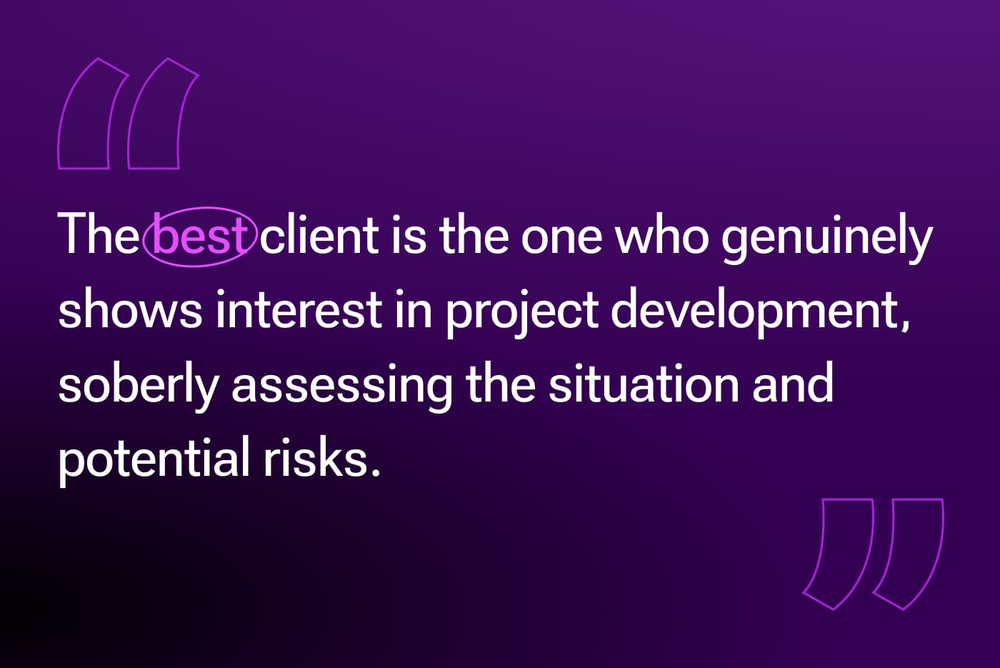
However, at the project’s start, it may not be obvious whether a particular partner will be successful. Therefore, the potential is assessed based on the following criteria:
Players number: If an operator already has a large player base, it is logical to assume that many of them will play poker, positively affecting the provider’s revenue.
Stable business: If a partner has a good reputation, a well-organised management system, no property disputes, and no debts, this is a sign that the cooperation will be productive. The presence of vast resources also indicates that the partner will be able to implement the most effective business ideas.
Attractive market: An operator working in a region with a growing iGaming sector, low taxes, and favourable legislation is more likely to succeed.
Rational business approach: Perhaps the most important criterion. If a partner does not have large resources but demonstrates a balanced and systematic approach to building a business, this is a reason to pay extra attention to them. Not only because such a business style often leads to prosperity, but also because such partners clearly understand what they want, and cooperation will be more predictable and straightforward.
It’s also essential to understand that different partners have different needs. We regularly inform our partners about new software releases, new features and settings, and publish this information on our website. Many stop there, but this is not enough. Such information has to be accompanied by personal contact, and it’s crucial to understand which update will interest each partner.
Mistake #2: The Best Client Is the One Who Brings the Biggest Share in Revenue
Assessing the prospects of cooperation based solely on the current income level it brings is unreliable. In business relationships, there may be risks and potential instability. Moreover, at EvenBet Gaming, we are interested in long-term relationships. Therefore, the best client is the one who genuinely shows interest in project development, soberly assessing the situation and potential risks.
Mistake #3: The Partner Always Knows What They Need
There are many reasons why a partner may not communicate their needs. One of them is that they may not even be aware of them or have no clue that their software vendor might help achieve specific business objectives. Therefore, it’s essential to pay attention to them and continually inquire about how things are going.
Mistake #4: Pushing for a Purchase Is an Effective Strategy
It may seem that any business is interested in selling as much as possible. Therefore, many sales managers may have the temptation to push a deal to increase the company’s revenue. In some industries, this approach indeed yields good results, but not in our case.
Firstly, overly aggressive sales can be irritating, and we wouldn’t want to spoil relationships with partners. Moreover, there’s no guarantee that a sales manager has a 100% understanding of our partner’s business situation. If they decline a purchase, there may be valid reasons for it. In this case, if a manager successfully pushes a purchase, it may not yield results or even harm the relationship.
If a provider is confident that a partner needs certain content or services, it’s best to provide objective information only. Let the partner convince themselves of the purchase’s necessity.
Mistake #5: A Partner is the Same as a Buyer
There are providers who run their business as if it were a supermarket: a client places an order, and they execute it precisely. Of course, there are operators with vast market experience who know exactly what they want. However, even in such cases, their requests should be discussed.
Partners need providers to understand their needs, not just provide software as if it were an off-the-shelf item. A provider that has been in the industry for decades and launched hundreds of projects worldwide has diverse experience, and their advice and expertise will likely be valuable to the partner.
Mistake #6: A Good Partner Doesn’t Bother
It’s very comfortable to work with partners who pay and then don’t communicate after the launch. They, at least, don’t distract from working with those who constantly make requests. But, in reality, this is a sign that the partnership may end soon or not thrive.
The absence of inquiries from a partner indicates little interest in the project. They are likely either looking for another provider or planning to close the project. Therefore, it’s crucial to pay attention to them in time, understand the reason for their silence, and find a solution.
Mistake #7: Signing a Contract is a Sign of Trust
In reality, signing a contract only means one thing: we’ve successfully sold our software. In many respects, developing the relationship starts from this point, and a lot of effort should be put into it.
The level of trust from the partner at the contract signing is, so to speak, an advance. It needs to be earned and multiplied. However, relationships won’t develop if you only pay attention to the partner on a residual basis. Trust arises when you have a well-established interaction that yields stable results.
Mistake #8: A Business Partner is the One You Communicate With
The reason for this mistake is a cognitive bias when communication with a partner goes through one person. The provider’s team interprets this person’s attitude as the attitude of the entire partner company. It’s simpler psychologically.
The vendor’s account manager typically communicates with the poker project manager. However, decisions on the client side may involve various stakeholders, including the head of casino, head of support, CFO, and CEO. Each of these individuals may have different perspectives on the collaboration compared to the direct contact person. Therefore, it’s essential to proactively collect feedback from the partner, trying to involve many team members to get a more complete picture.
Mistake #9: You Can Build Long and Strong Relationships with Any Partner
If close relationships with a partner don’t develop, maybe they don’t simply need you. It’s normal; it’s business. Recognise this situation in time and don’t push your offers. Otherwise, you’ll waste your time and resources, damaging the relationship with the partner with your pushy behaviour. It’s better to let go. Still, it’s essential to maintain consistent communication with the partner. Perhaps the situation will change over time, and you’ll be able to offer something beneficial to them at that moment.
For all 20 years of game software development, EvenBet Gaming has applied a client-oriented approach. As a result, we have created a highly flexible product that meets the needs of operators from all corners of the globe, operating on various business models. We are in constant contact with our partners, ready to share our expertise and discuss any ideas for customising games and the platform, embodying honesty as our core value in our relationships. If you want to discuss a project where we could be useful to you, please contact our managers.
Source: EvenBet Gaming
Edited by: @MaiaDigital www.zonadeazar.com




















